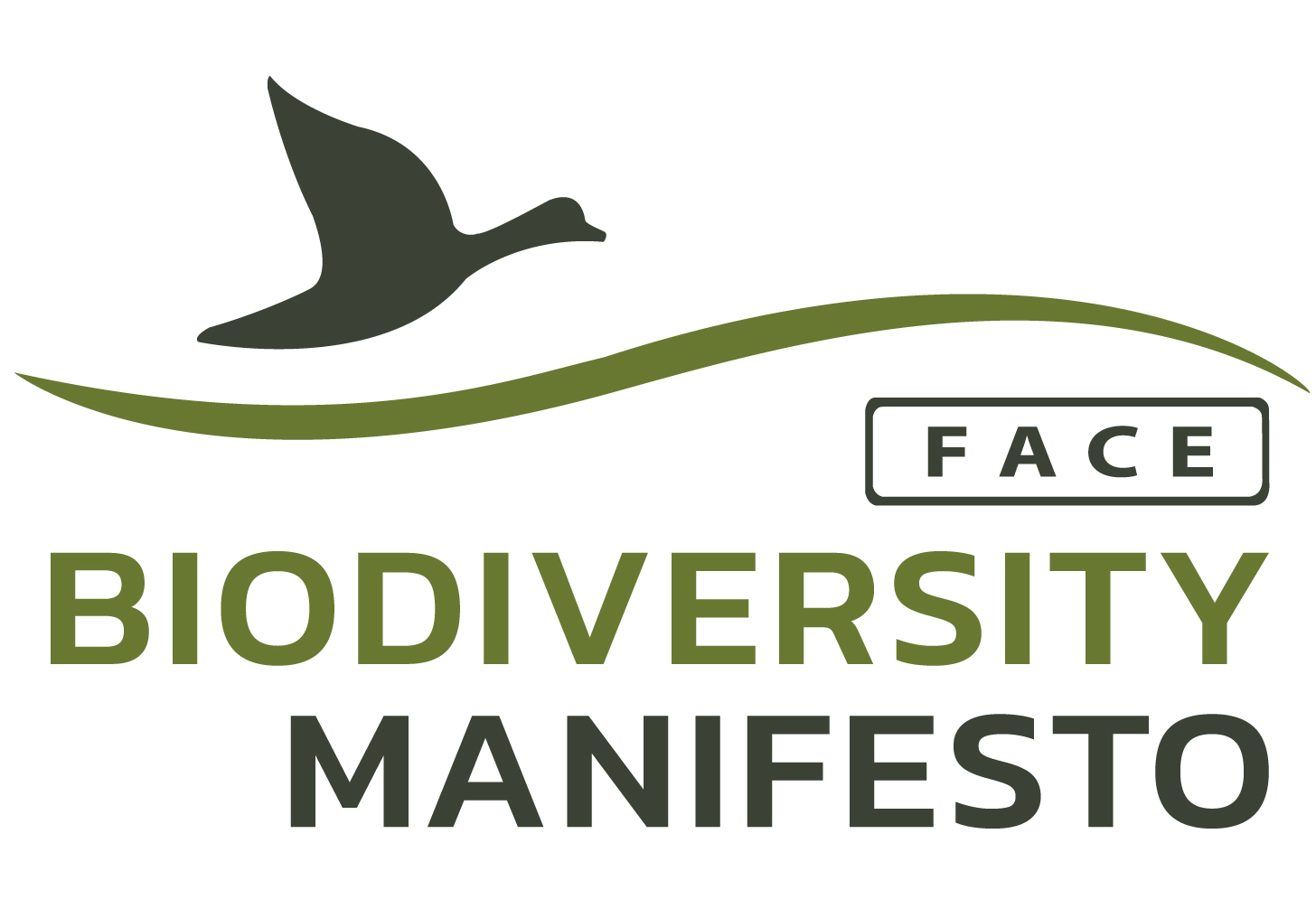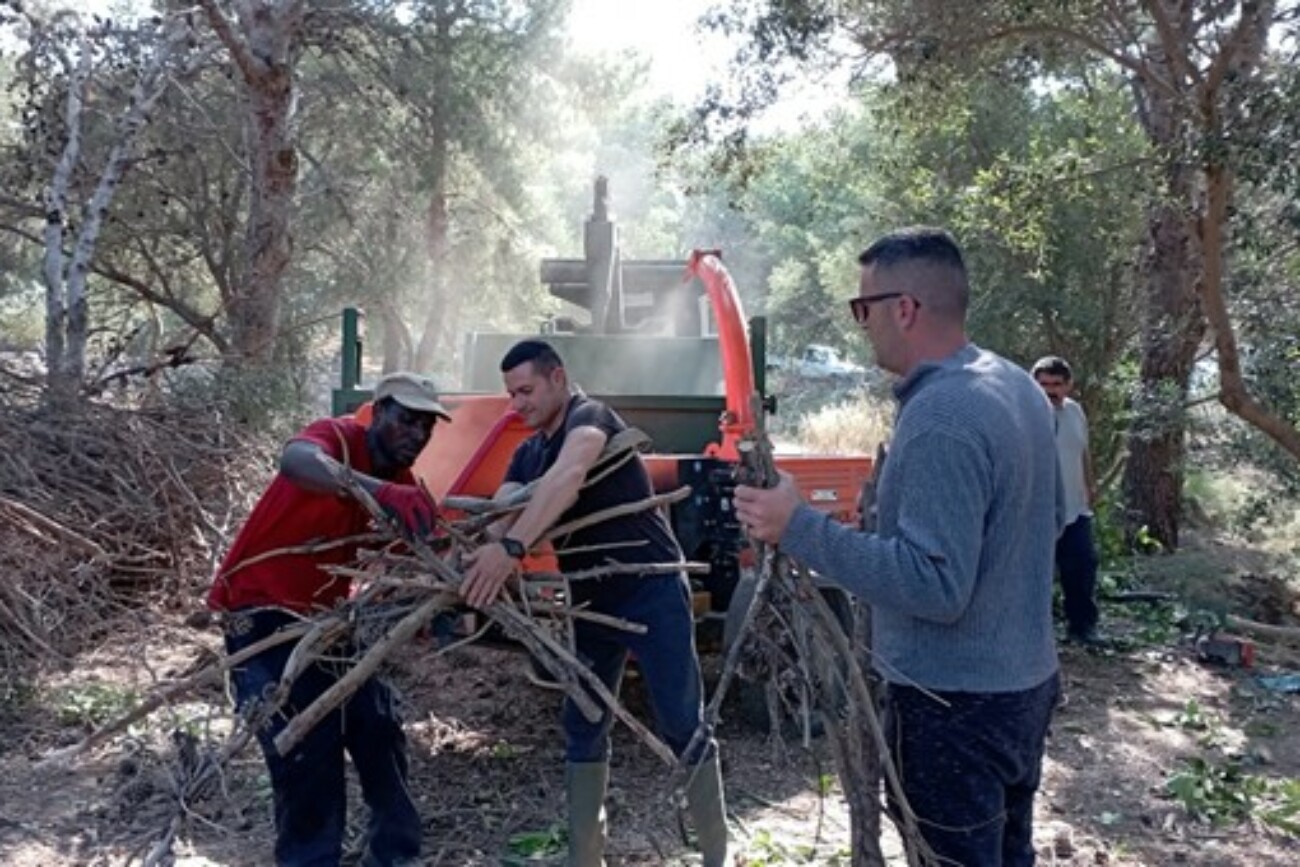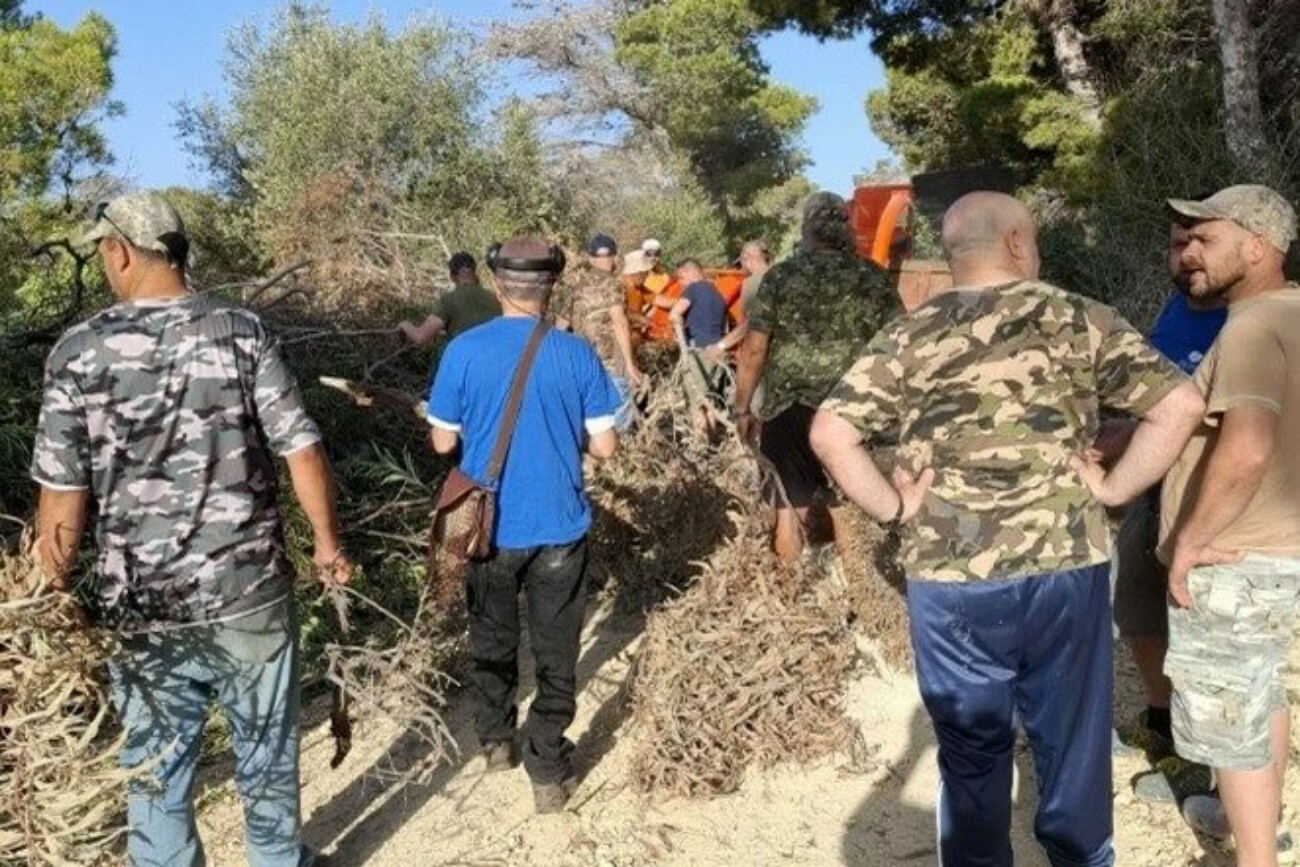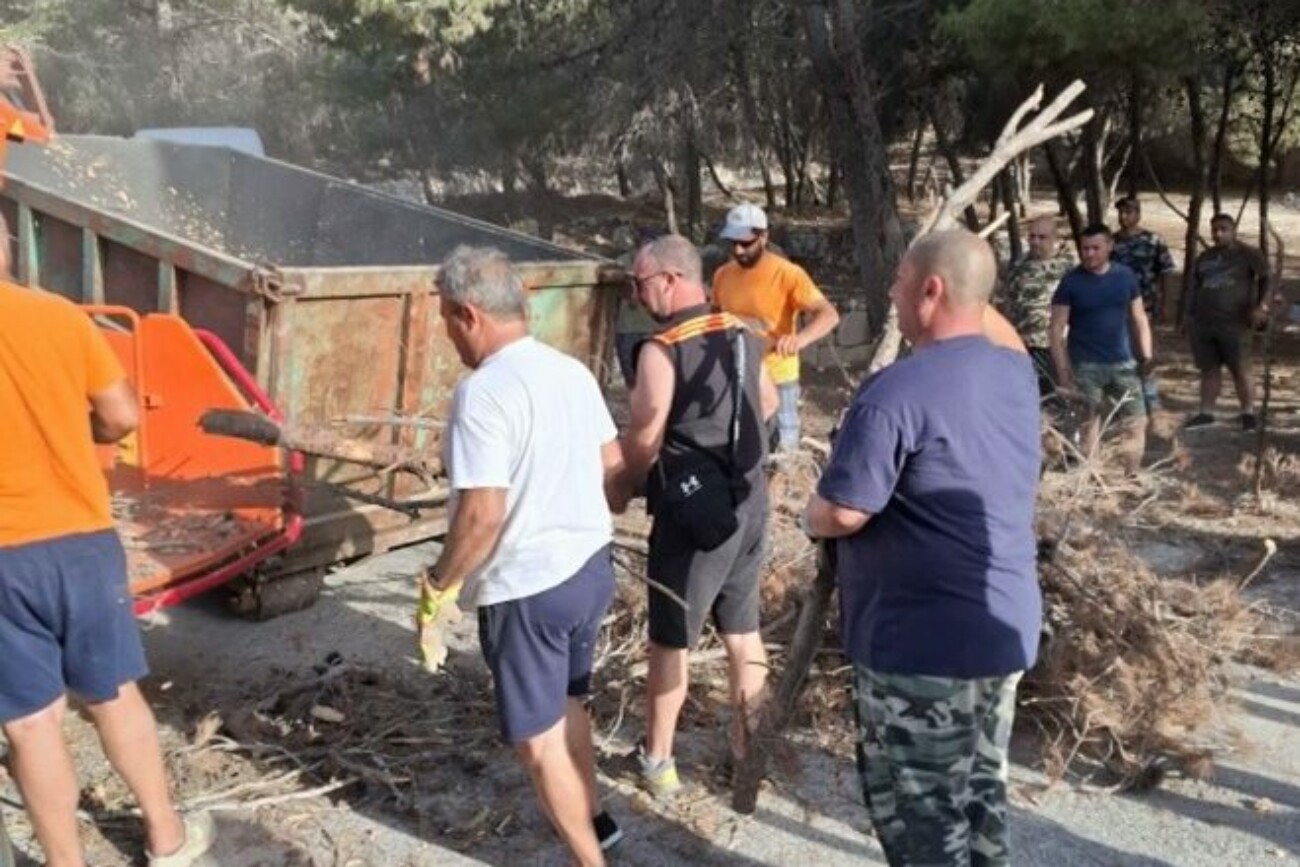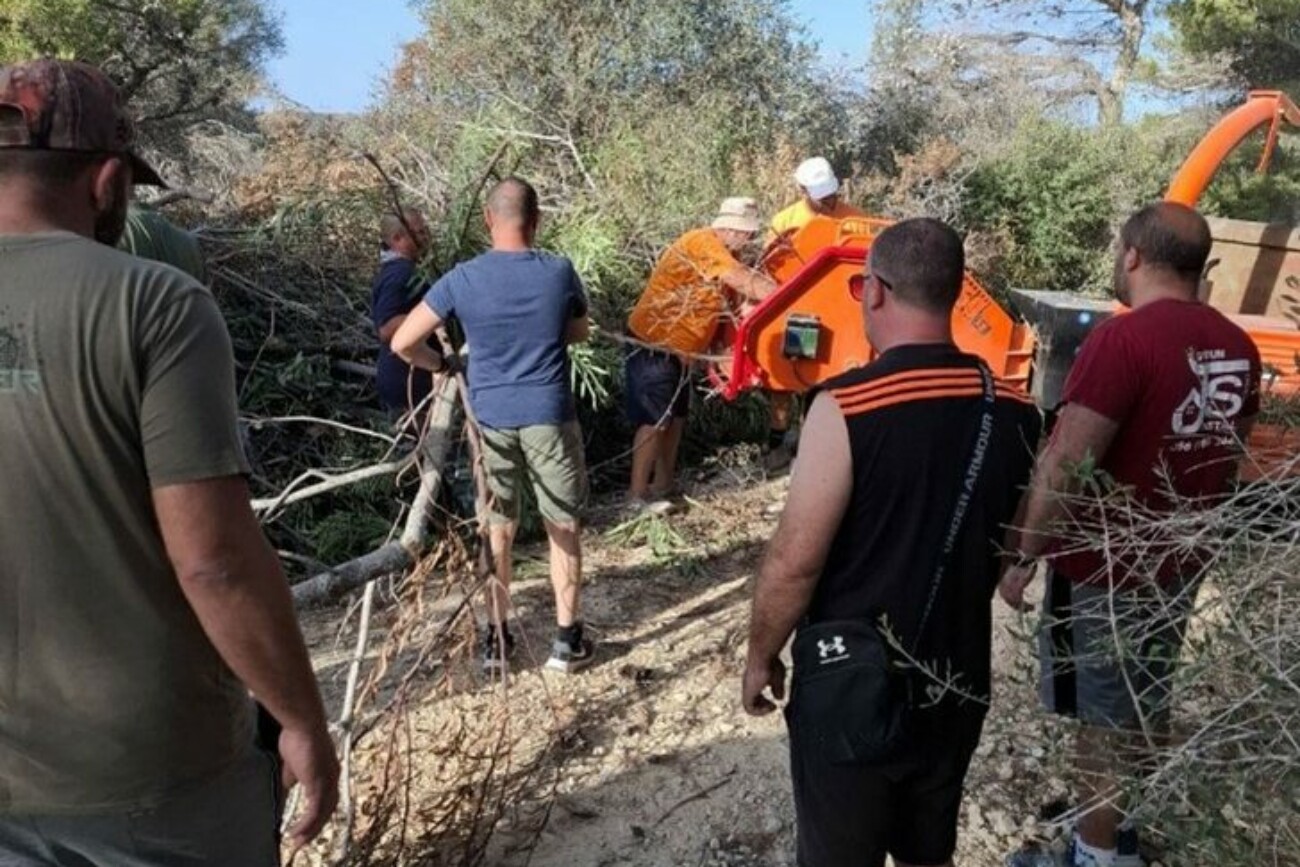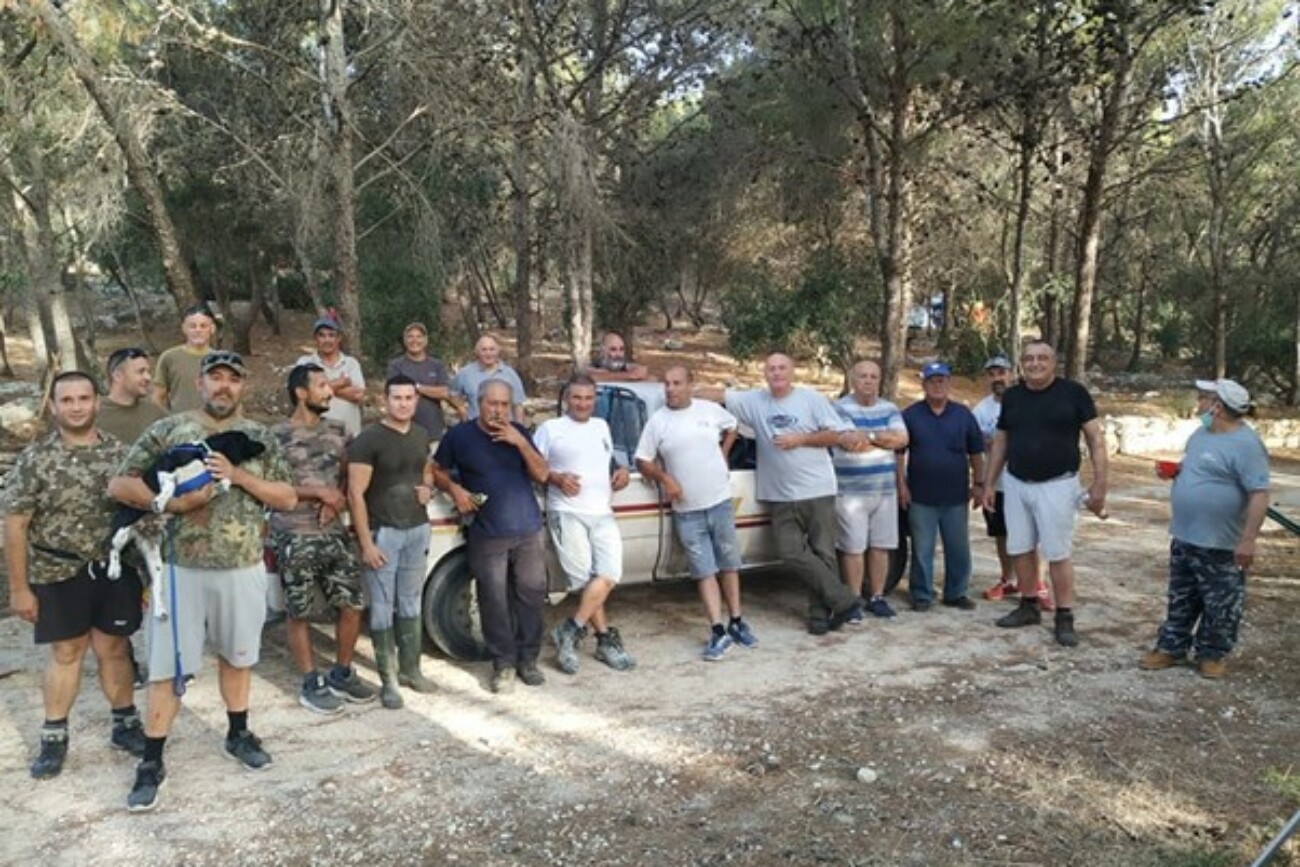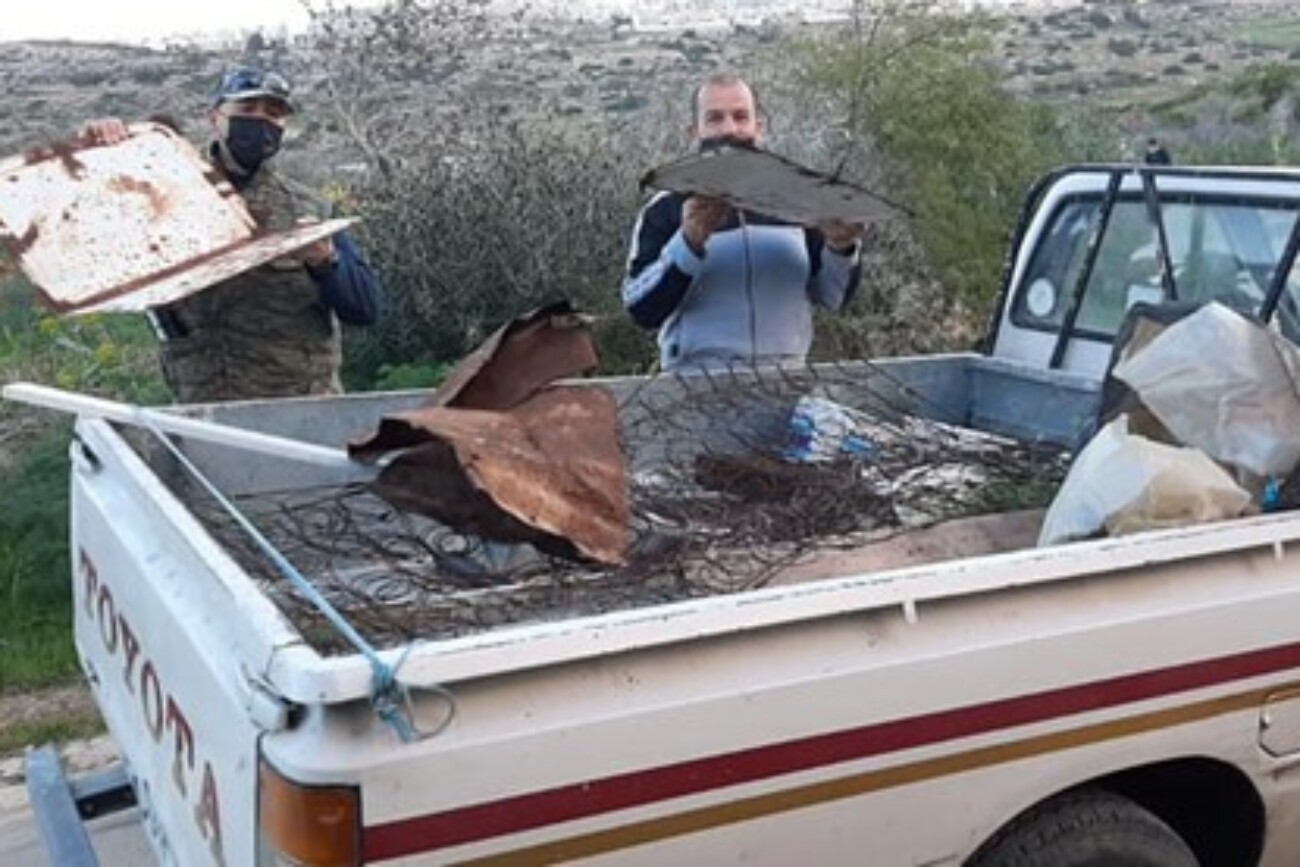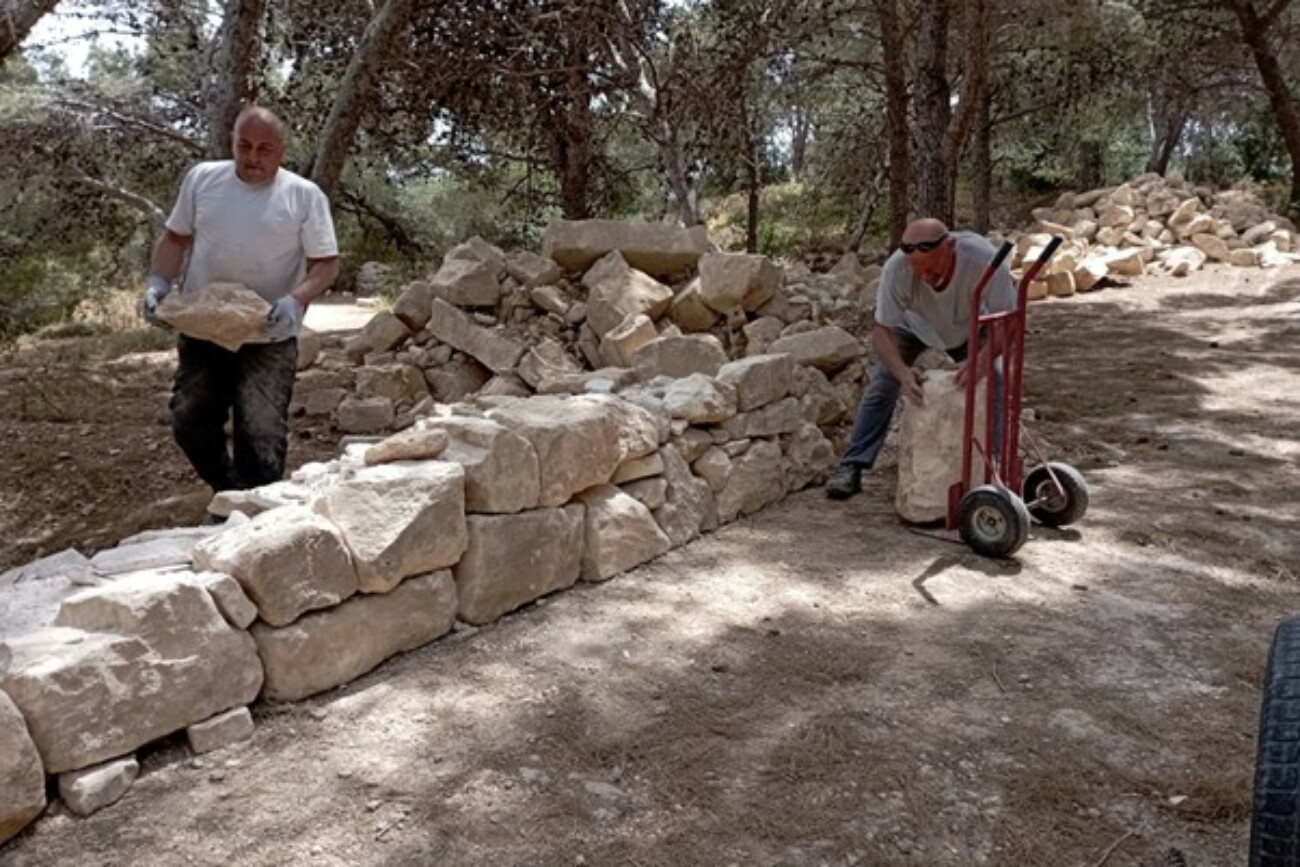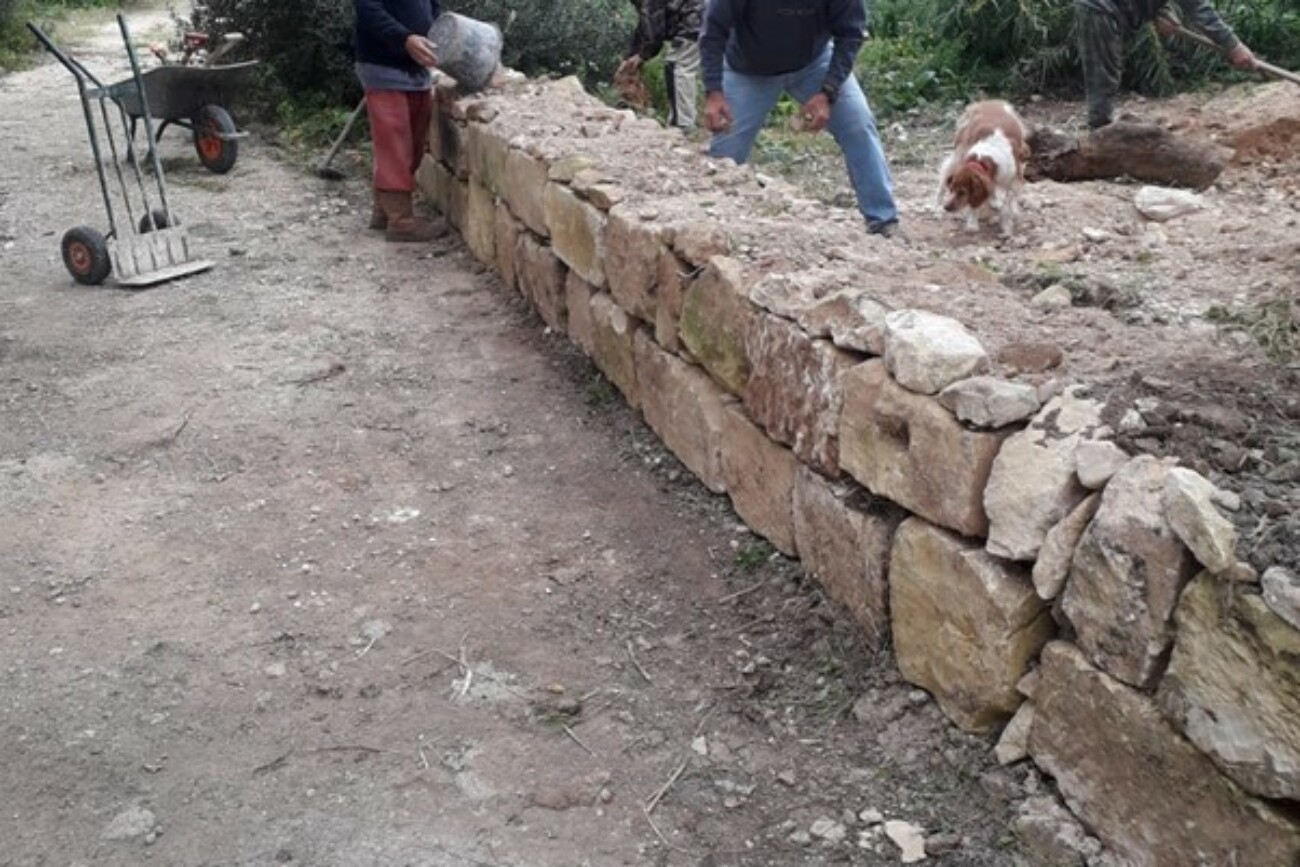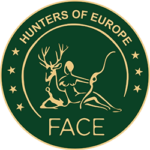The Federazzjoni Kaccaturi Nassaba Konservazzjonisti (FKNK) is the largest NGO in the Maltese Islands, with over 10,000 members. Dedicated to preserving local ecological heritage, FKNK has been managing the areas of il-Miżieb and l-Aħrax, il-Mellieħa in Malta since 1986. These areas were entrusted to FKNK to maintain their natural habitats and provide recreational spaces for the public.
Objectives and Investments
FKNK’s investments in green infrastructure at il-Miżieb and l-Aħrax, il-Mellieħa focus on:
- Improving the Environmental Landscape: Restoration of sites and planting native trees.
- Enhancing Air Quality: Contributing to cleaner air.
- Improving Quality of Life: Creating better living conditions.
- Raising Biodiversity Awareness: Educating the public on the ecological value of these areas.
Key expenditures include:
- Planting Native Trees: Propagated from local indigenous species.
- Restoration Costs: Removing invasive species, burnt and dead trees, and debris; pruning; land preparation; and conservation measures.
- Irrigation Equipment: Ensuring plant health and sustainability.
- Awareness Campaigns: Informal educational activities focused on green infrastructure and rural areas.
POLICY RELEVANCE
Awareness raising campaigns such as this one aim to tackle the bad habit taking place across Europe of illegal dumping in our countryside. This project, which started in 1986 (over 38 years), is a good example of how hunters have long been key players in local wildlife conservation which is well in line with EU’s Biodiversity Strategy.
Furthermore, the EU has strict regulations on waste management and environmental protection. Hunters who engage in rubbish removal help ensure compliance with directives such as the Waste Framework Directive and the Habitats Directive, supporting overall policy goals.
By participating in rubbish removal, hunters support ecological balance, enhance their public image, and contribute to the implementation of EU environmental policies, thereby securing the sustainability of their activities and the health of forest ecosystems.
Ecological Significance 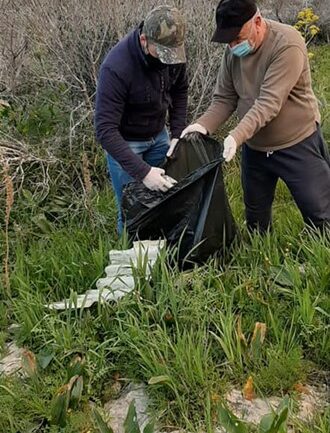
Areas like il-Miżieb and l-Aħrax are rare in Malta, offering restored ecological habitats where visitors can experience native vegetation and learn about the region’s biodiversity. FKNK’s projects contribute to biodiversity, climate improvement, and air quality enhancement.
FKNK volunteers work professionally to restore and plan the planting of new tree species adapted to the natural habitat. Conservation measures and site clearance are essential to ensure fully restored sites in these woodlands.
Community Impact
FKNK’s efforts improve the quality of life for Maltese communities by creating green spaces for both visitors and tourists. Investments in these woodlands enhance the environment, providing natural settings for relaxation and recreation. Educational events further aim to increase awareness of the natural history and biodiversity of the region.
Tree Planting Strategy
FKNK emphasizes planting trees propagated from local indigenous trees to:
- Preserve the gene pool of local species.
- Ensure adaptation to local conditions.
- Prevent the introduction of invasive species and diseases.
- Maximize funds by propagating indigenous trees, creating a multiplier effect.
Collaboration and Education 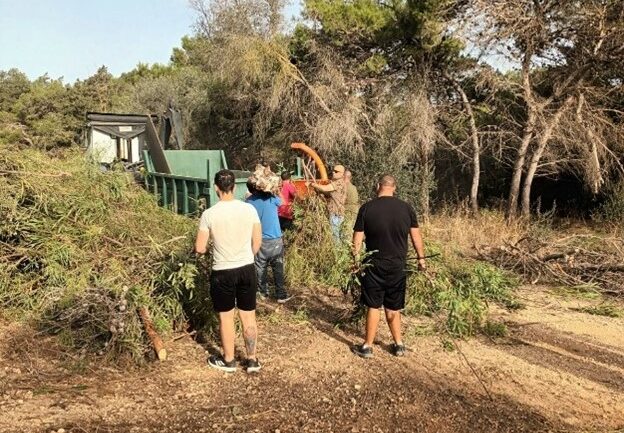
FKNK collaborates with local schools, councils, and communities to promote green infrastructure. Awareness campaigns encourage greening gardens, rooftops, terraces, and green walls. The Environmental Education Campaign includes talks, children’s activities, youth programs, printed media, and press collaborations.
Informative Resources
FKNK develops brochures providing information on projects, native trees, and the ecological importance of il-Miżieb and l-Aħrax. These brochures are available online and in print.
Inclusivity and Sustainability
FKNK ensures gender equality and family-friendly approaches in all decisions. Investments in irrigation systems address drought impacts, ensuring sustainable tree growth.
Accessibility for Economically Disadvantaged
FKNK’s projects are free and accessible to economically disadvantaged individuals, allowing low-income families to enjoy these rural settings.
Volunteer Contributions
Over 700 members of the Miżieb Sub-Committee and Għaqda Kaccaturi Nassaba Konservazzjonisti Mellieħin volunteer to sustain and maintain these sites. Their efforts, if monetized, would exceed €200,000 annually.
FKNK’s dedication to preserving Malta’s natural heritage through green infrastructure and cleanup projects benefits the environment and the community, fostering a healthier and more sustainable future.
Please check out FKNK’s website: https://www.huntinginmalta.org.mt/
European Hunter-led clean up initiative:
Like in most matters, hunters are the first guardians of the forest and nature. They are intrinsically connected to nature. That is why Switzerland is not alone in their clean up work. Many other FACE members have started their own clean up projects and the results are adding up.
See the other projects we have covered so far:
- IT: https://www.biodiversitymanifesto.com/2023/06/15/italian-hunters-nationwide-take-part-in-operazione-paladini-del-territorio-operation-guardians-of-the-environment/
- SK: https://www.biodiversitymanifesto.com/2021/12/02/clean-hunting-ground-clean-nature/
- FR : https://www.biodiversitymanifesto.com/2023/07/13/loperation-jaime-la-nature-propre/
- ES: https://www.biodiversitymanifesto.com/2023/12/14/we-clean-the-forest-borriols-environmental-awareness-program/
- CH: https://www.biodiversitymanifesto.com/2024/06/27/from-mountains-to-forest-to-field-swiss-hunters-lead-the-charge-against-litter/
